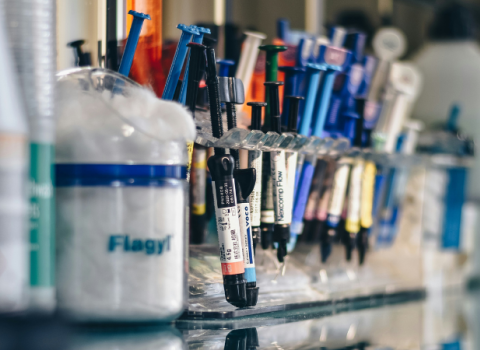Collaboration
The Innovative Vector Control Consortium (IVCC) at Liverpool University has joined forces with Syngenta to develop a new insecticidal active ingredient for public health applications. This is part of IVCC’s strategy to break the impasse in development of mosquito control products.
Improved and sustainable control of the insects that transmit disease is dependent upon development of pesticides. However, there is little incentive for the agrochemicals industry to develop such products, says IVCC.
The project aims to identify lead candidate compounds for a new active ingredient that is effective against adult mosquitoes, in particular against mosquito strains that have developed resistance to the existing pesticides. Syngenta’s compound library contains more than 2.5 million chemicals acquired or synthesised over decades of agrochemical research and researchers at the company believe that this collection could contain a number of potential candidates.
Syngenta has developed a screening process for the identification of candidates from their collection. The project will be informed by an expert committee consisting of the leaders of the world of insecticide development, and this group will review the data generated by the screening process with Syngenta experts to identify the best candidates to take forward to the next phase.
Tom McLean, Senior Executive Officer, explained the importance of IVCC’s intervention, “The unique skills base within the agrochemical industry places it in an ideal position to develop new active ingredients for public health applications, but the small market for public health pesticides simply could not support the high research and development costs of such a project.”
“The role of the IVCC is to unlock the talent and enthusiasm of companies like Syngenta to enable them to take on huge research efforts for public health by absorbing the front end costs. We are delighted by the commitment that Syngenta has shown to this project.”
“Syngenta has increased significantly its activities in the Vector Control area since 2008. We are really excited about this second project with IVCC,” said Frédéric Baur, Global Head Vector Control at Syngenta.
IVCC is a not-for-profit company set up with backing of $50.7 million from the Bill and Melinda Gates Foundation.





 A unique international forum for public research organisations and companies to connect their external engagement with strategic interests around their R&D system.
A unique international forum for public research organisations and companies to connect their external engagement with strategic interests around their R&D system.